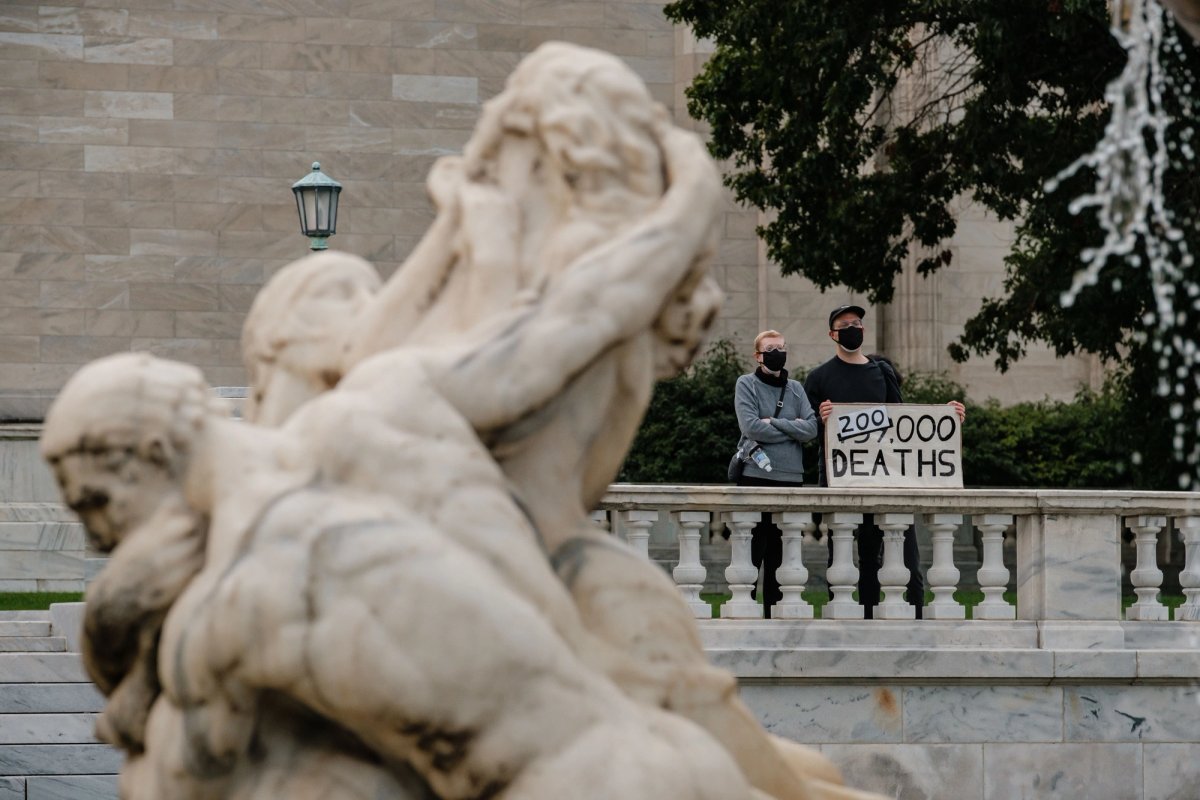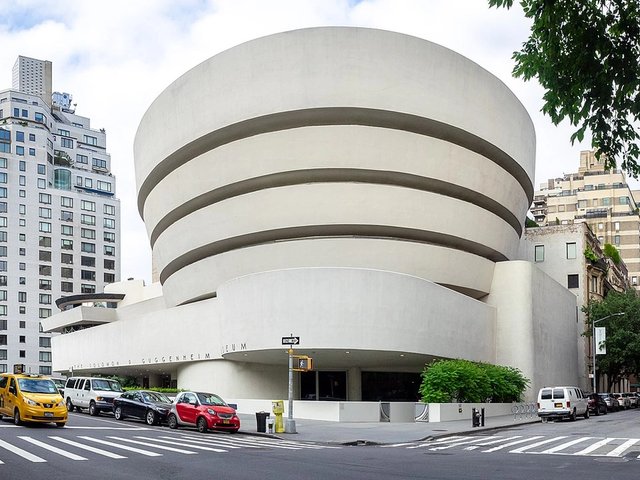The activist group and Instagram account @changethemuseum has issued a public call to forgo visiting all US museums for the month of October, as many reopen after months of coronavirus-related closures. Yet some museum workers have expressed concerns that the initiative may actually harm workers, and fear that a boycott may not yield real institutional change.
The group’s demands, issued on its Instagram page with the hashtag #NoMuseumOctober, stipulate that until every institution publicly announces that frontline workers will be provided hazard pay and benefits for their labour until a Covid-19 vaccine is available, the museum-going public should “refrain from providing these ‘democratic’ institutions the admission dollars they so desperately crave”.
The boycott is also intended to pressure institutions into developing and announcing comprehensive and meaningful diversity, equity, accessibility and inclusion (DEAI) plans that address ongoing issues of racism and inequity within the museum field.
“As museums across the United States begin to reopen in the midst of a global pandemic, they do so by depending on the labour of essential, frontline workers. These museum professionals—the majority of whom identify as Bipoc [Black, Indigenous and People of Colour], and who barely make liveable wages—put their health and safety at risk so that museum administrators—largely white, and making six-figure salaries—can meet financial goals set by even wealthier, whiter museum boards,” the group’s statement reads. “Meanwhile, many of these museums have done little to address staff complaints of racist behaviours and severe inequities within their ivory tower walls.”
Announced on 28 September, the boycott has been slow to gain supporters, and many commenters have tried to dissuade the group from pushing ahead with it. “Hi, art museum frontline staff worker here! We definitely deserve hazard pay, but calling for a boycott will not achieve this goal. From inside the belly of the beast, I can say with absolute certainty that upper management will not hesitate to lay off or furlough frontline workers if revenue decreases,” one Instagram commenter wrote in response to the group’s post.
“Many of my BIPOC and queer coworkers live paycheck to paycheck— please don’t put their jobs in even more danger! Writing letters and sending emails to your local museums is a much more effective tactic that does not put jobs at risk.”
Some support has come by the way of the storied feminist activist collective known as the Guerrilla Girls, which shared the #NoMuseumOctober call to arms on its Facebook page today. Additionally, the @changethemuseum group shared another post acknowledging the concerns put forth by its social media community, assuring commenters that they had been in consultation with numerous advocacy groups in crafting their demands and their boycott strategy.
But further comments on the most recent posts suggest that many still fear the boycott to be mainly performative activism if not downright damaging to workers.
“Can you please be specific about the advocacy groups and individuals you consulted? This still reads as a campaign organised by people who are not on the frontlines,” one Instagram user commented. “To be clear, the outcry came from frontline workers. If you are listening to anyone else here then you dont [sic] actually represent their interests in the way you intended.”
Spokespeople for @changethemuseum and the Guerrilla Girls did not respond to a request for comment in time for this article’s publication.
Some museum boycotts have proven successful in auguring change in recent weeks. Last week the Museum of Contemporary Art Detroit (Mocad) pledged to make sweeping reforms meant “to dismantle the ongoing effects of settler colonialism and to serve Detroit's Indigenous communities, as well as implement substantial changes in museum staffing, board, and labour practices brought forward by former Mocad employees and current staff”, according to a press release. The changes include working to increase the diversity of the museum's board so that a third of the board will reflect economically and racially diverse communities.
The announcement comes after dozens of staff members addressed the museum's board in July, complaining of a toxic workplace and instances of racism. In an expression of solidarity, the Indigenous artist group New Red Order threatened to boycott the museum’s upcoming show, Crimes Against Reality, until the museum's board addressed the staff members' concerns. As a result, the museum ousted its executive director and rehired its senior curator, Jova Lynne.
The @changethemuseum group, which launched its Instagram account in June as anti-racist protests swept the nation after the murder of George Floyd by white police officers, is said to be run by a small cohort of art workers and artists who say they have experienced and witnessed discrimination based on gender, sexual orientation, race and class.
By publicly posting anonymously submitted stories detailing allegations of discrimination at museums both large and small, it hopes to hold institutions publicly accountable as a way of demanding systemic change. Followers of the account have swelled to 37,000 since its inception and other, similar social media initiatives with similar aims like @abetterguggenheim and @cancelartgalleries have also sprung up in @changethemuseum’s wake.



